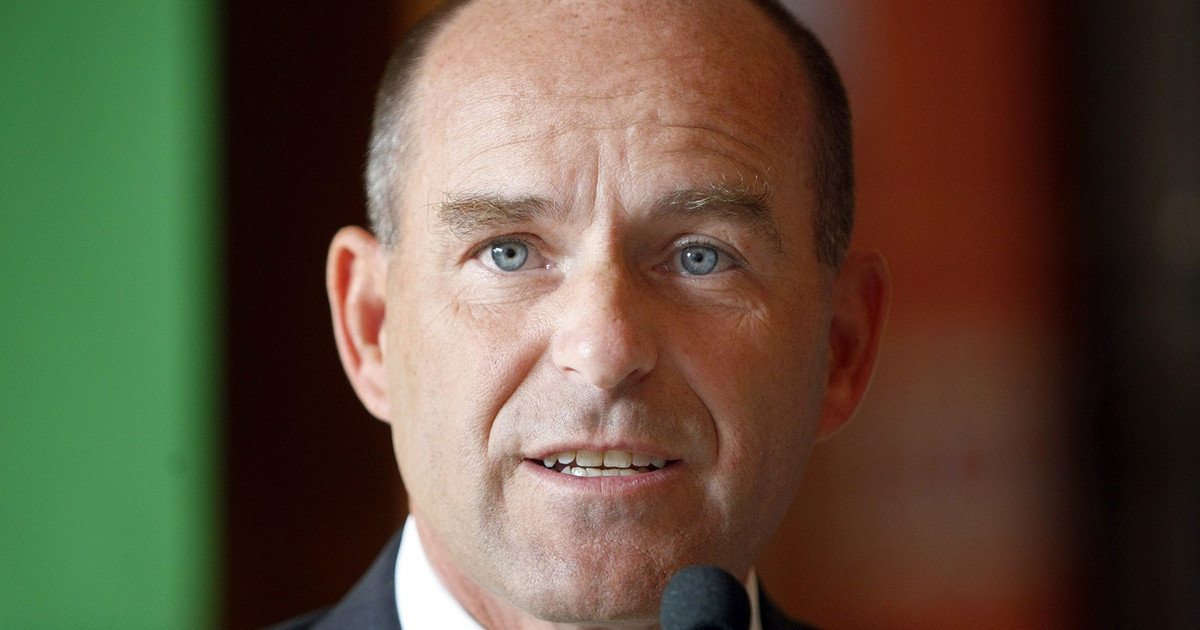Of Eleftheria Kourtali
Moody’s upgraded Greek banks, maintaining a positive outlook. According to the house, the positive outlook reflects the expectation that Greek banks will continue to improve their credit profiles in the next 12-18 months and will be in a good position to manage any new problem loans that may arise as a result of the coronavirus pandemic. and recent inflationary pressures.
In more detail, it upgraded the National Bank and Eurobank to Ba3 from B2, Alpha Bank to B1 from B2 and Piraeus Bank to B2 from B3. At the same time, it upgraded Attica Bank to Caa2 from Caa3.
The house explains that the upgrade is due to the following:
1) The strengthened institutional conditions and governance conditions in the country that pushed Moody’s to raise the rating for the macroeconomic profile of Greece to “Weak +” from “Weak”.
2) The improved quality of assets and the recurring profitability recorded in 2021 by the four largest Greek banks, due to the better operating and credit conditions and the continuous implementation of their transformation plans, and
3) The upgrade of Attica Bank’s creditworthiness is mainly due to the recent capital increase, which led to a higher rating based on Moody’s analysis.
The enhanced strength of institutions and governance integrates the house’s assessment of the effectiveness of fiscal as well as monetary and macroeconomic policies. Greece’s public finances have been on a much more stable footing in recent years, with steady and growing budget surpluses between 2016 and 2019 and primary surpluses that exceed the targets set by euro area creditors.
The house also notes the improvement of credit conditions in the country, as reflected in the significant reduction of non-performing loans in the banking system. According to the Bank of Greece, NPEs fell to about 13% in December 2021, from 30% in December 2020 and almost 60% in 2015. The gradual decline in unemployment in recent years, which was 12.8% in January 2022 from 28% in July 2013, also helped reduce the debt of households and businesses. Private sector debt to GDP fell to around 60% at the end of 2021, from 117% in 2014, reflecting the continuing leverage of NPEs and GDP growth by banks as economic conditions gradually normalize.
Moody’s expects Greek banks to be in a relatively good position to meet any challenges to the economy due to inflationary pressures caused by the Russian invasion of Ukraine, including a possible negative impact on the tourism industry.
The ratings will be further upgraded in the next 12-18 months, if the banks maintain healthy capital and liquidity, while fully implementing their transformation plans, further reducing their non-performing loans and taking advantage of the economic and credit growth potential of the Greek economy. the House. The EU RRF is likely to significantly benefit Greece’s real GDP growth, which could average 3-4% on average over the period 2022-2025, providing banks with good lending opportunities to support their revenue.
Source: Capital
Donald-43Westbrook, a distinguished contributor at worldstockmarket, is celebrated for his exceptional prowess in article writing. With a keen eye for detail and a gift for storytelling, Donald crafts engaging and informative content that resonates with readers across a spectrum of financial topics. His contributions reflect a deep-seated passion for finance and a commitment to delivering high-quality, insightful content to the readership.






